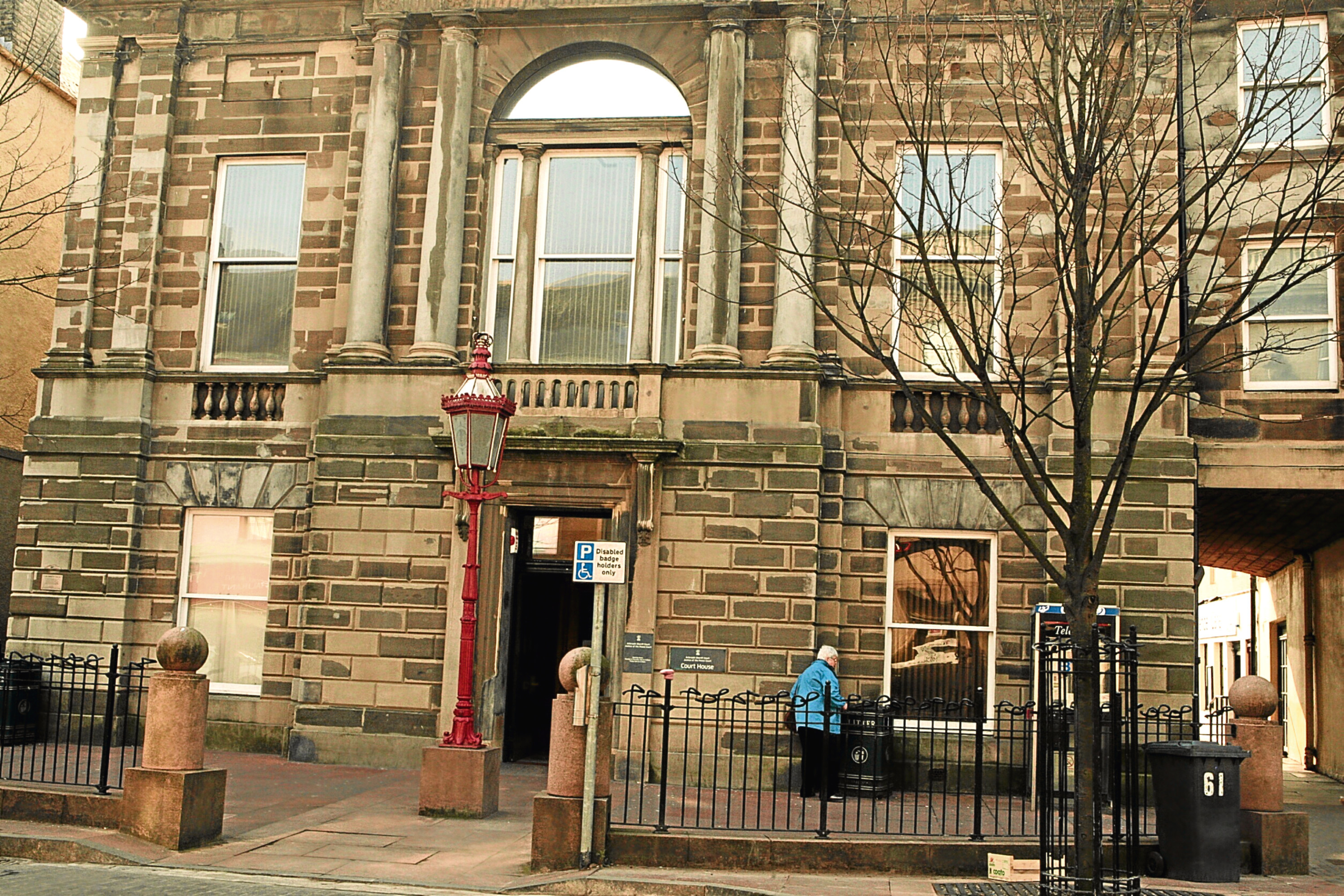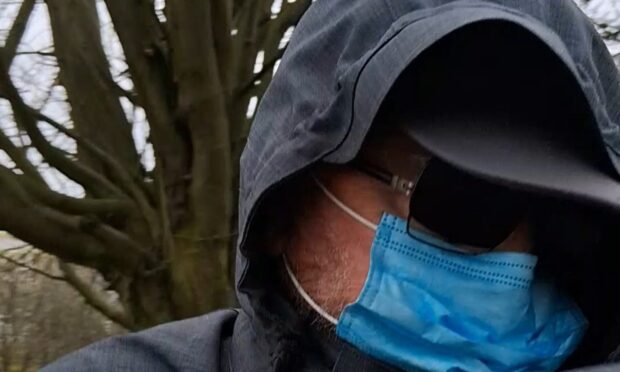The SNP’s court closure programme has been blamed for a surge in the number of trials being pushed back because of time pressures.
There has been a 66% increase in the number of trials adjourned to another day due to a lack of court time since 2011.
Ten sheriff courts were approved for closure in 2013 to save costs, including Arbroath and Cupar, with Forfar and Dundee among those picking up their workloads.
Scottish Labour said those closures were driving the delays in the system, adding the problems will be compounded by proposed cuts in the SNP’s draft budget.
Claire Baker, the party’s justice spokeswoman, said: “In the last Parliament the SNP was repeatedly warned that its unpopular move to close local courts across Scotland would lead to a strain on court services elsewhere.
“The rise in trials and in adjournments due to lack of court time shows just how much of a strain the justice system is currently under in Scotland.”
In 2011/12, 2,141 trials were adjourned due to lack of court time, compared with 3,560 in 2015/16, according to figures obtained by Labour from the Scottish Courts and Tribunals Service.
These include both summary and solemn trials, which are for more serious offences and are usually heard before a jury.
Cases adjourned due to “lack of court time” are those that have to be called back for another day because there is not enough capacity on their scheduled sitting day.
A spokesman for the Scottish Government said: “There is no evidence to suggest that court closures have had any impact on the time it takes for cases to go through the courts.
“Latest figures show 97% of sheriff courts were offering trial diets within the optimum of 16 weeks or sooner, compared to 50% in April 2014.”
The spokesman added that the rise in reporting and prosecution of some crimes has “put extra pressure on the courts”.
“We have already allocated nearly £1.5 million for extra fiscals, judiciary and admin staff to help respond to delays and speed up access to justice for victims and witnesses, and are spending an extra £5 million improving efficiency of cases involving domestic abuse and sexual offences,” he said.










